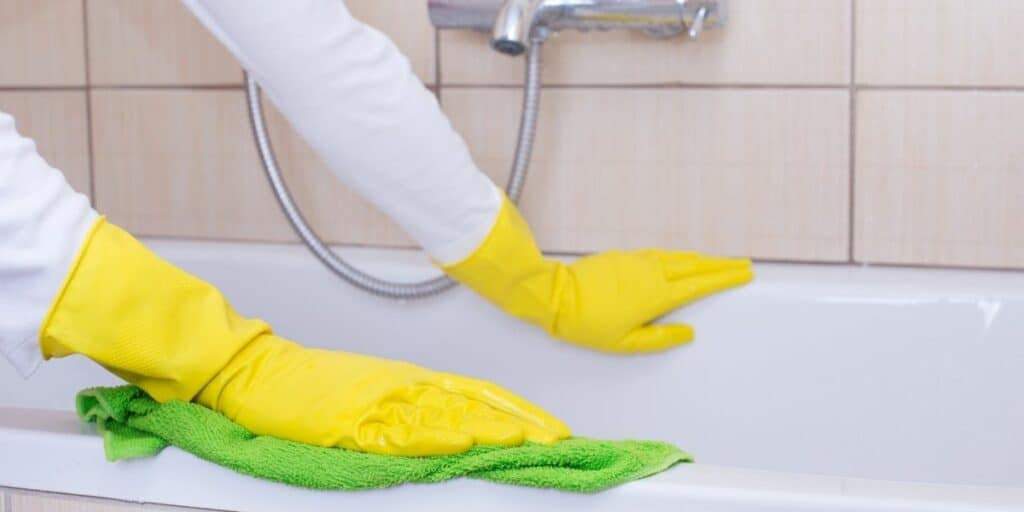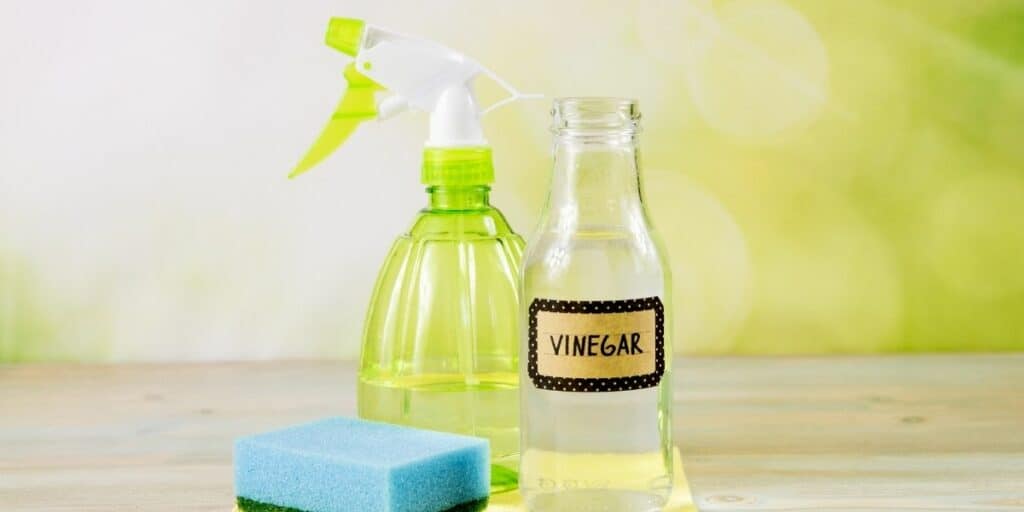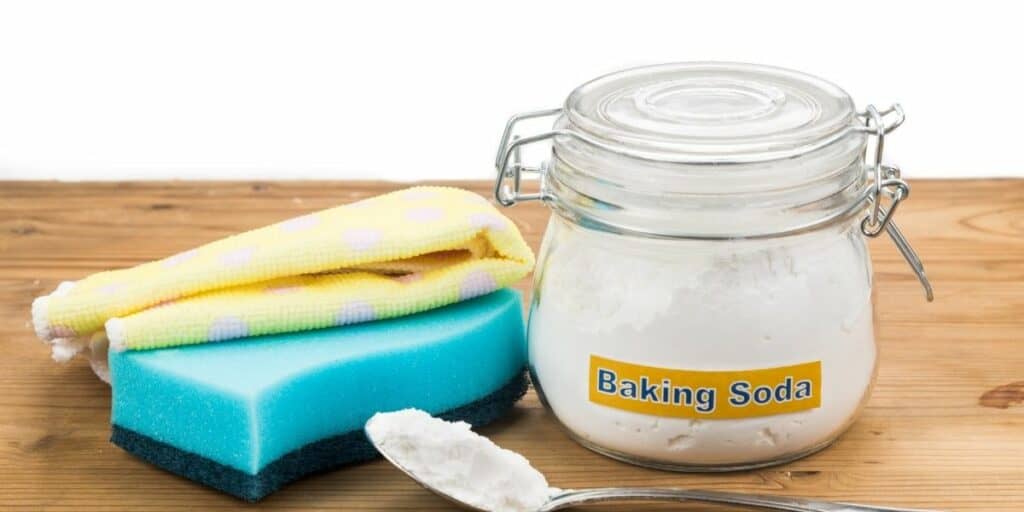Menu

Bathtubs and bathrooms, in general, can be a pain to clean but have to be well-cleaned since they are essential for our wellbeing and health.
However, most of the cleaning solutions advertised to us are laden with toxic chemicals that can cause irritations, some are carcinogenic, others can cause headaches, are generally bad for the environment. Not forgetting harmful effects that may result from wrong use or accidents.
That notwithstanding, your bathtub needs to stay clean. Fortunately, there are natural remedies that although not as effective as chemical solutions will get the job done. That is what am going to cover today.
But before we begin looking at the 3 ways you can clean your bathtub naturally, here is what you may need;
You may also need other products but you will learn about them as we go through this guide.

Vinegar is one of the most effective natural cleaning products. It is acidic and can be used to kill bacteria, get rid of fungi, dissolve limescale left by hard water, dissolve soap scum, and much more.
To use vinegar for cleaning your bathtub, mix vinegar with water in a spray bottle at a ratio of 1:1 (50% water, 50% vinegar). Spritz the walls surrounding your bathtub with the solution to the bathtub itself.
Let that sit for about 10 to 20 minutes then use a scrubbing brush and cleaning cloth to get rid of any loose dirt. You can also clean a grout brush to clean the tile grout for more effective cleaning.
Once you are done with scrubbing, simply rinse the wall and the bathtub with clean water before using a microfiber cloth to dry and get rid of any water stains.
You can also add a few drops (about 20 drops) of tea tree essential oil or thyme oil to the vinegar solution to boost its effectiveness, especially when dealing with mold and mildew. Squeezing lemon into the solution can also help neutralize the smell of white vinegar.
A mixture of the four (water, vinegar, lemon, essential oil) can be used for spritzing your bathtub every time after use to inhibit bacterial growth and prevent odor buildup.

Baking soda is another great alternative to toxic chemical cleaners. It is not only great at removing stains from your bathtub but can also be used to unclog slow draining bathtub drains. However, it is not as effective at killing bacteria.
In a bowl mix baking soda with hot water and stir for a chemical reaction to take place. The hot water will become foamy and you can apply it evenly on your bathtub surface using a cleaning cloth or sponge.
Let the baking soda sit on the bathtub for some minutes before coming in with vinegar in a spray bottle. Spritz the vinegar on the bathtub and clean/scrub using a hard brush to remove most of the soap scum and other hard stains. The vinegar will come in handy in killing bacteria.
To unclog your drain, pour about half a cup of baking soda into the bathtub’s drain followed by hot water. A reaction will kick in after which you will add about one cup of vinegar into the drain.
Baking soda (sodium bicarbonate) which is basic will react with the acetic acid found in vinegar creating a bubbling effect. In the process, any gunk or limescale that may be blocking the smooth flow of water will be dissolved.
After cleaning, simply rinse the bathtub with clean water, dry, and remove any watermarks that may have been left behind using a microfiber cloth.
With that said, you mustn't do this if your drain is made of any rubber parts that can be corroded by this reaction. You should also avoid using baking soda to clean a wooden or stone resin bathtub since it may leave larger stains.

Like vinegar, lemon contains a strong acid known as citric acid. This acid has great antibacterial effects, can kill germs, fungi (mold and mildew), and hence the use of lemon as a natural cleaning agent. Lemon also has a pleasant fragrance that leaves a room smelling fresh after each clean.
You can use lemon to remove soap scum from your bathtub by rubbing it on the bathtub’s surface. After this, you can then apply some salt to the surface and let it sit for about 10 minutes before coming in with a hard brush and scrubbing the surface.
The acid in the lemon will break down the scummy surface while the salt will improve its effectiveness. After you are satisfied with the results, you can rinse the tub with water, dry it and wipe any watermarks.
Lemon juice can also be used to unclog a low-pressure showerhead by reacting and loosening the limescale usually responsible for low-pressure in most showerheads.
To unclog your shower head simply hard-squeeze several lemons into a plastic bowl, apply some of the juice on the showerhead. Put the rest of the juice into a plastic Ziploc bag and add some water. Attach the plastic bag to the showerhead ensuring that it is fully submerged. Wait for about 30 minutes to 1 hour before removing the solution from the showerhead and rinsing it off to get rid of loose limescale.
You also have the option of detaching the showerhead, if possible, and fully submerging it in the lemon solution.